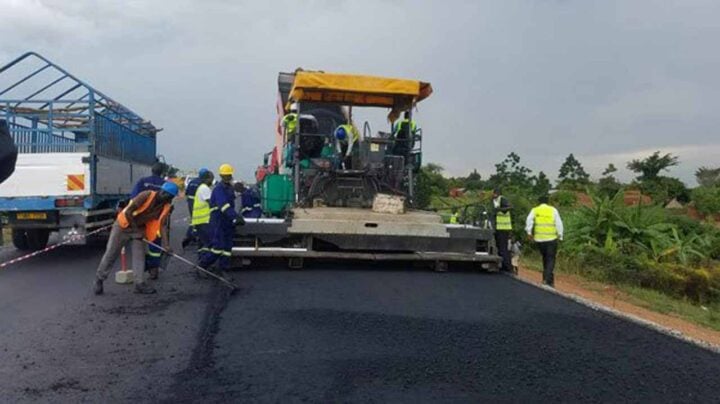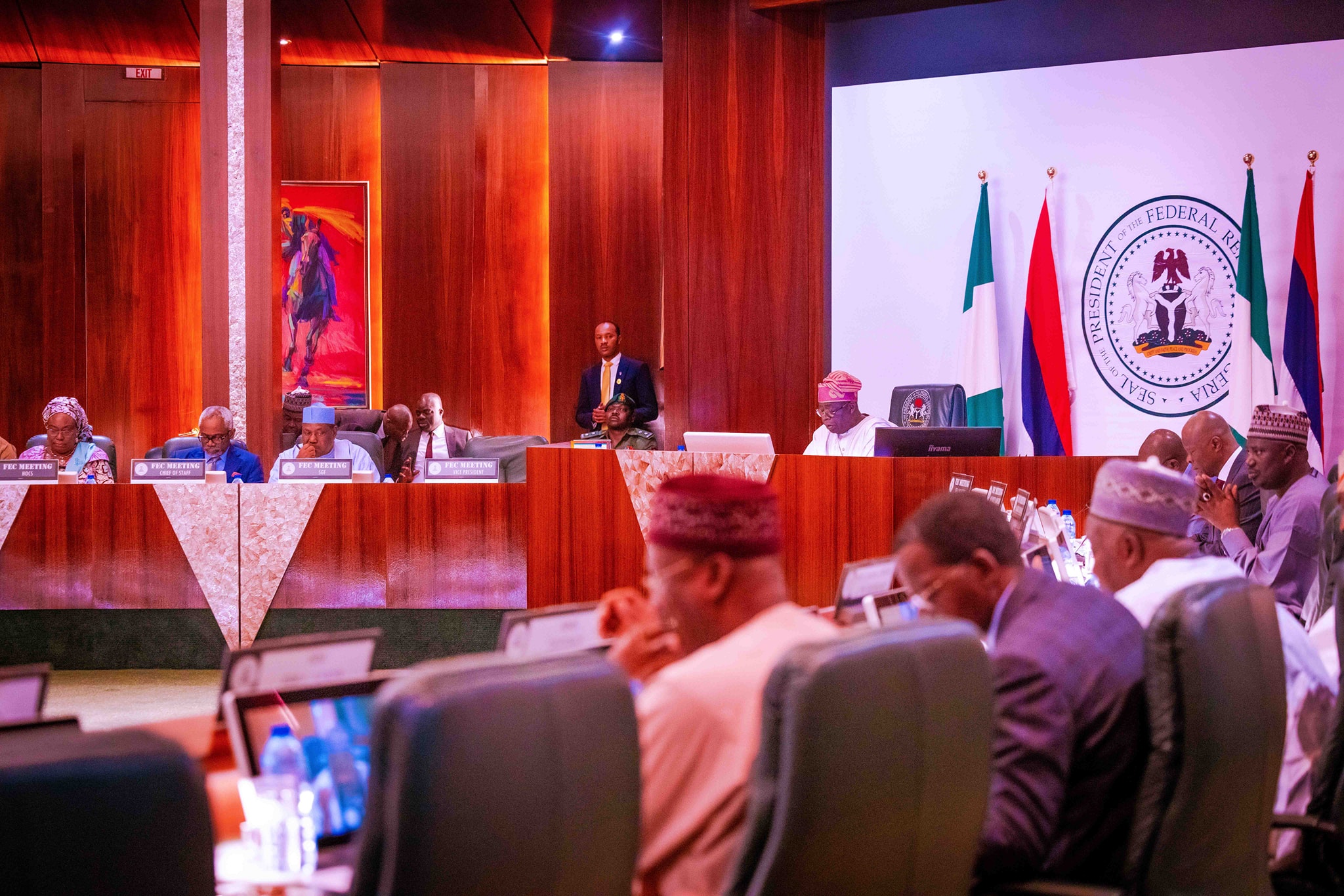Zacheus Adedeji, chairman of the Federal Inland Revenue Service (FIRS) has faulted the three-year-old N2.59 trillion tax credit scheme introduced by former President Muhammadu Buhari’s administration for road construction across the country.
Adedeji expressed his displeasure about the scheme when he appeared before the senate committee on finance, along with Umar Ajiya, the chief financial officer of Nigerian National Petroleum Company Limited (NNPCL).
They were invited to analyse the efficacy of the road infrastructure task credit scheme (RITC) in light of the widespread disrepair of federal roads.
On October 26, 2017, Buhari approved the tax relief scheme to attract private sector involvement in the provision of road infrastructure across Nigeria.
Advertisement
The approval was the outcome of a memorandum for the setting up of a road trust fund presented by Kemi Adeosun, Nigeria’s erstwhile finance minister.
The RITC scheme grants income tax credits to companies and individuals that provide funding for the refurbishment and rehabilitation of roads.
The scheme is a public-private partnership (PPP) intervention that enables the Nigerian government to leverage private sector capital and efficiency for the construction, repair, and maintenance of critical road infrastructure in key economic areas in Nigeria.
Advertisement
Under the scheme, participants are entitled to utilise the total cost (project cost) incurred in constructing or refurbishing an eligible road as a tax credit against their future companies income tax (CIT) liability until full cost recovery is achieved.
Addressing the lawmakers, Ajiya argued that the scheme has improved roads across the country, saying that N664 billion has been spent on repairs in all six geopolitical zones.
‘PAYING CONTRACTORS NOT FIRS’ DUTY’
However, Adedeji disagreed, raising concerns about the scheme’s legality and advocating for its discontinuation.
Advertisement
“The mandate of FIRS lumped with the execution of Tax Credit Scheme for road construction, is to access, collect tax and remit it into the federation account and not to appropriate it for any purpose through executive order,” Adedeji said.
“It is not the duty of FIRS and NNPCL to be paying contractors. The Ministry of Works should be in line with its core mandate, allowing to award road contracts and pay for them.
“The scheme, to some people, serves as faster way for road reconstruction or rehabilitation across the country, but we should stop increasing speed towards the wrong direction.
“As a way of stopping the wrong approach, FIRS and CBN are holding a meeting with the Ministry of Works on Friday this week, where stock would be taken of what we have done through the scheme and thereafter, to the right path.
Advertisement
“We should, in a nutshell, not continue in the wrong trajectory.”
Sharing the FIRS boss’ reservations, Sani Musa, the committee chairman, argued that the road infrastructure scheme raises constitutional concerns.
Advertisement
According to the lawmaker, funds collected by NNPCL and FIRS are being used for road projects through tax credits instead of being deposited into the consolidated revenue fund.
He added that the committee is waiting for the outcome of the meeting of the three agencies involved in the scheme before deciding on how to help the present government to correct mistakes of the past.
Advertisement
Add a comment







